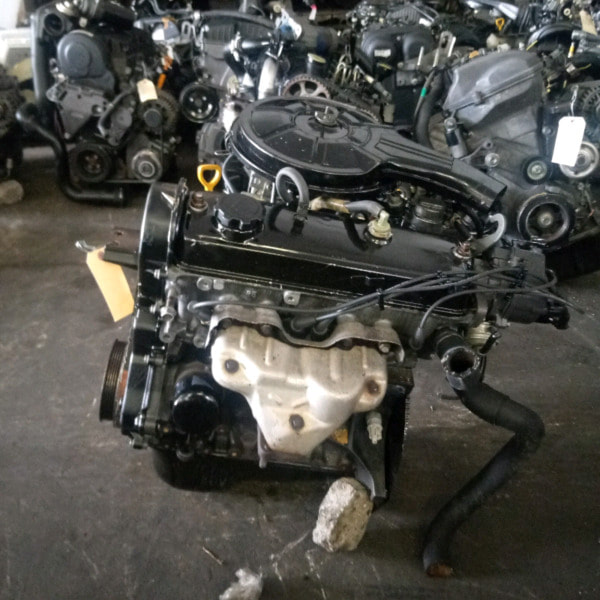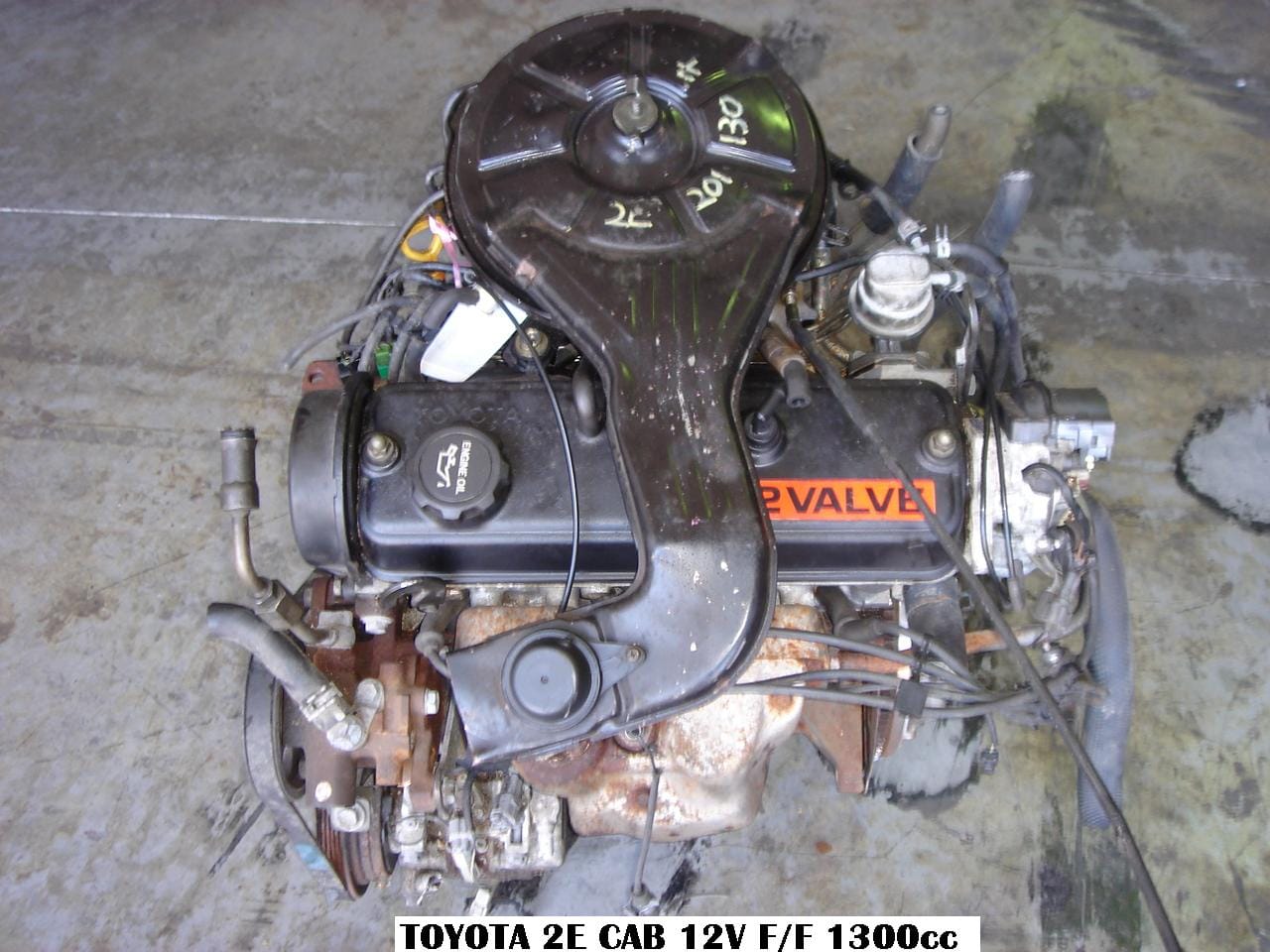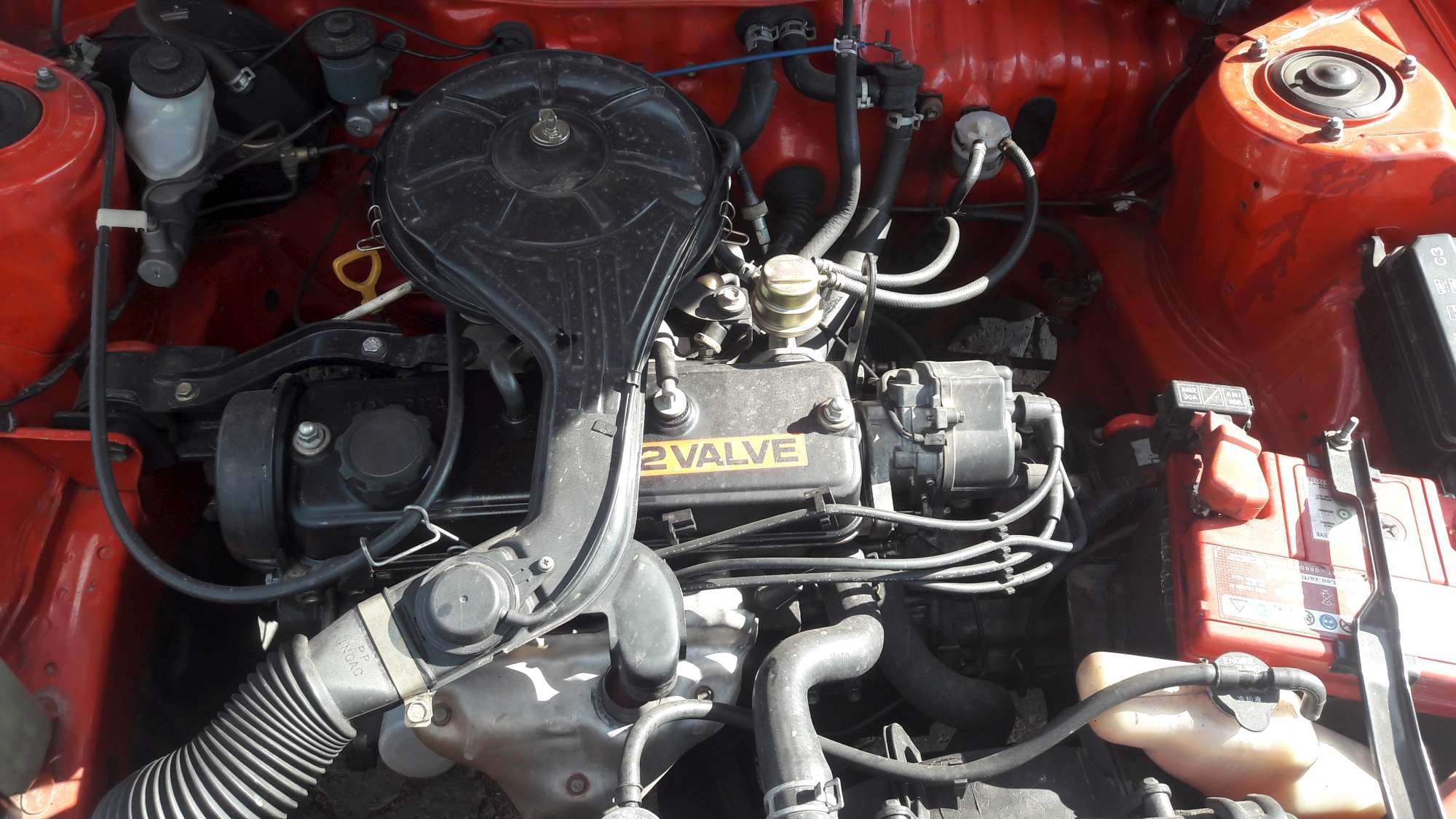Engine Buying Professional Tips on Picking the Right Engine for Your Particular Requirements
Picking the right engine for your details requirements entails an intricate interplay of aspects that go past mere horsepower figures. By delving right into the complexities of power versus effectiveness, evaluating fuel scores, and budgeting for long-lasting costs, one can really maximize their engine choice.
Power Vs. Efficiency: Locating the Balance

When choosing an engine, it is critical to strike a balance between power and effectiveness to satisfy your specific requirements successfully. Power refers to the engine's capability to produce energy for propulsion, establishing factors like acceleration, hauling capacity, and general efficiency (Toyota Tazz Engine For Sale). On the other hand, effectiveness connects to exactly how well the engine utilizes gas to produce power, affecting factors such as fuel economy and environmental kindness
Attaining the appropriate equilibrium between power and performance is crucial because an engine that is as well effective might consume extreme gas, bring about higher operating expense and unneeded stress on the environment. Alternatively, an engine that prioritizes effectiveness over power may lead to slow-moving performance, particularly sought after scenarios like lugging heavy loads or driving uphill.
To make an informed choice, consider aspects such as your normal driving problems, the designated usage of the automobile, and your individual choices. By examining your concerns and needs, you can select an engine that strikes the best equilibrium in between power and performance, making certain ideal performance while minimizing ecological impact and operating prices.
Recognizing Engine Dimension and Kind

Common engine types consist of inline engines, V engines, and rotating engines, each with its special advantages and downsides. Comprehending the interaction in between engine dimension and kind is vital in picking an engine that lines up with your details demands and concerns, whether it be power, efficiency, or a balance of both.
Consider Your Lorry's Needs
If you are looking for an engine for a durable truck that will go now be utilized for towing, you will certainly need an effective engine with high torque capacities. On the other hand, if you are picking an engine for a small cars and truck primarily used for city commuting, gas efficiency might be a much more essential variable to take into consideration.

Evaluating Fuel Effectiveness Ratings
Analyzing gas performance ratings is a crucial element of picking the ideal engine for your car, guaranteeing expense savings and environmental sustainability. Fuel efficiency ratings, generally gauged in miles per gallon (MPG) for fuel engines or kilowatt-hours per 100 miles (kWh/100 miles) for electric engines, indicate just how far an automobile can take a trip on a certain quantity of gas or electrical energy. Higher MPG or lower kWh/100 miles values represent more effective engines, converting to minimized fuel prices and reduced carbon discharges.
Additionally, contrast various engine options within the very same automobile course to recognize the most cost-effective option. Aspects such as engine size, weight, the rules of aerodynamics, and hybrid or electric capabilities can all affect fuel efficiency.
Budgeting for Long-Term Expenses
Purposefully intending for long-lasting expenses is crucial when picking an engine, ensuring financial sustainability over the car's life-span. While the initial acquisition cost of an engine is a substantial aspect, it is critical to consider the long-lasting costs linked with maintenance, repairs, and gas intake.
Moreover, looking into the accessibility and price of substitute parts for the picked engine is essential my review here in budget plan planning. By carefully budgeting for these long-term expenditures and factoring them into the decision-making procedure, individuals can choose an engine that not only satisfies their prompt requirements but additionally continues to be economical throughout its life-span.
Conclusion
Finally, selecting the appropriate engine for your particular demands calls for balancing power and efficiency, recognizing engine size and kind, considering your vehicle's needs, evaluating gas performance ratings, and budgeting for long-lasting expenses. By carefully considering these variables, you can make sure that you choose find more information an engine that meets your requirements and supplies optimal efficiency for your car.
To additionally improve the selection procedure of an engine that strikes the optimal equilibrium between power and performance, it is crucial to dig into the ins and outs of understanding engine dimension and type. Engine dimension refers to the complete volume of air and gas that can be pushed with the engine cyndrical tubes. Usual engine types consist of inline engines, V engines, and rotary engines, each with its unique benefits and drawbacks. Recognizing the interaction in between engine size and type is important in selecting an engine that aligns with your specific needs and priorities, whether it be power, effectiveness, or an equilibrium of both.
Gas effectiveness rankings, commonly determined in miles per gallon (MPG) for fuel engines or kilowatt-hours per 100 miles (kWh/100 miles) for electric engines, suggest exactly how far a car can travel on a particular quantity of fuel or electricity.